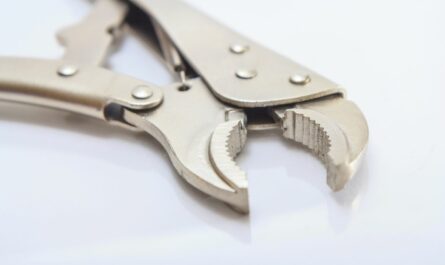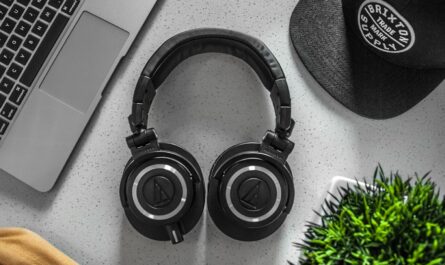There are many different types of headphones available on the market, each with their own advantages and disadvantages. In this article, we will be discussing the different types of headphones and how they work.
What are Headphones?
Headphones are a type of audio device that allows you to listen to music or other audio without disturbing others around you. They can be used with a variety of different devices, including MP3 players, computers, and smartphones. Headphones come in a variety of different styles, including earbuds, on-ear headphones, and over-ear headphones.

How do Headphones Work
Headphones work by converting an electrical audio signal into soundwaves that are then sent into your ear. The headphones themselves are made up of a small coil of wire (the speaker) that is wrapped around a magnet. When the current from the audio signal passes through the coil, it creates a magnetic field. This interacts with the magnetic field of the permanent magnet and causes the coil to vibrate. The vibrations are then sent into your ear canal, where they are transformed back into electrical impulses and interpreted by your brain as sound.
Different Types of Headphones
How do headphones work? Headphones work by converting an electrical signal into sound waves that are then sent into your ear. The different types of headphones all work in a similar manner, but there are some differences in how they are designed.
In-ear Headphones
In-ear headphones, also known as earbuds, earphones, or in-ears, are headphones that sit close to the ear canal. Most in-ear headphones are “canal phones”, meaning that they have a small diameter opening that fits into the ear canal. In-ear headphones block out a significant amount of environmental noise and are therefore also known as isolation headphones or noise isolation headphones.
The main types of in-ear headphones are:
-Earbuds: Earbuds have a small speaker that sits outside the ear. They’re the most common type of in-ear headphone and are generally the least expensive.
-Canal phones: Canal phones have a small speaker that sits inside the ear canal. They provide better sound quality than earbuds but can be more expensive.
-Noise-cancelling: Noise-cancelling in-ear headphones use Active Noise Cancellation (ANC) to reduce environmental noise. ANC is most effective at lower frequencies, so these headphones are best at blocking out things like airplane engines and city traffic.
On-ear Headphones
On-ear headphones are a type of audio device that sits on top of your ears instead of around or inside them. They’re sometimes also called supra-aural headphones. On-ear headphones are generally lighter and more compact than over-ear headphones, making them a good choice if you want to take your music with you on the go. And because they don’t completely enclose your ear, on-ear headphones tend to be less isolating than over-ear models, which can be a good or bad thing depending on your needs.

Over-ear Headphones
Over-ear headphones are the type of headphones that go over your ears. They are also called full-size headphones because they are bigger than on-ear and earbud headphones. Over-ear headphones are popular because they are comfortable to wear and they provide good sound quality. Some over-ear headphones have noise-cancelling features, which can be helpful if you want to block out noise from your environment.
Conclusion
As you can see, there are many different types of headphones available on the market today. Each type has its own advantages and disadvantages, so it is important to choose the right pair of headphones for your needs. If you are looking for the best possible sound quality, then you will want to invest in a pair of high-end headphones. However, if you are just looking for a basic pair of headphones that will allow you to listen to music while you are on the go, then you may want to consider a cheaper pair of headphones. Whichever type of headphones you choose, make sure that they fit comfortably on your head and that they do not cause any pain or discomfort.



